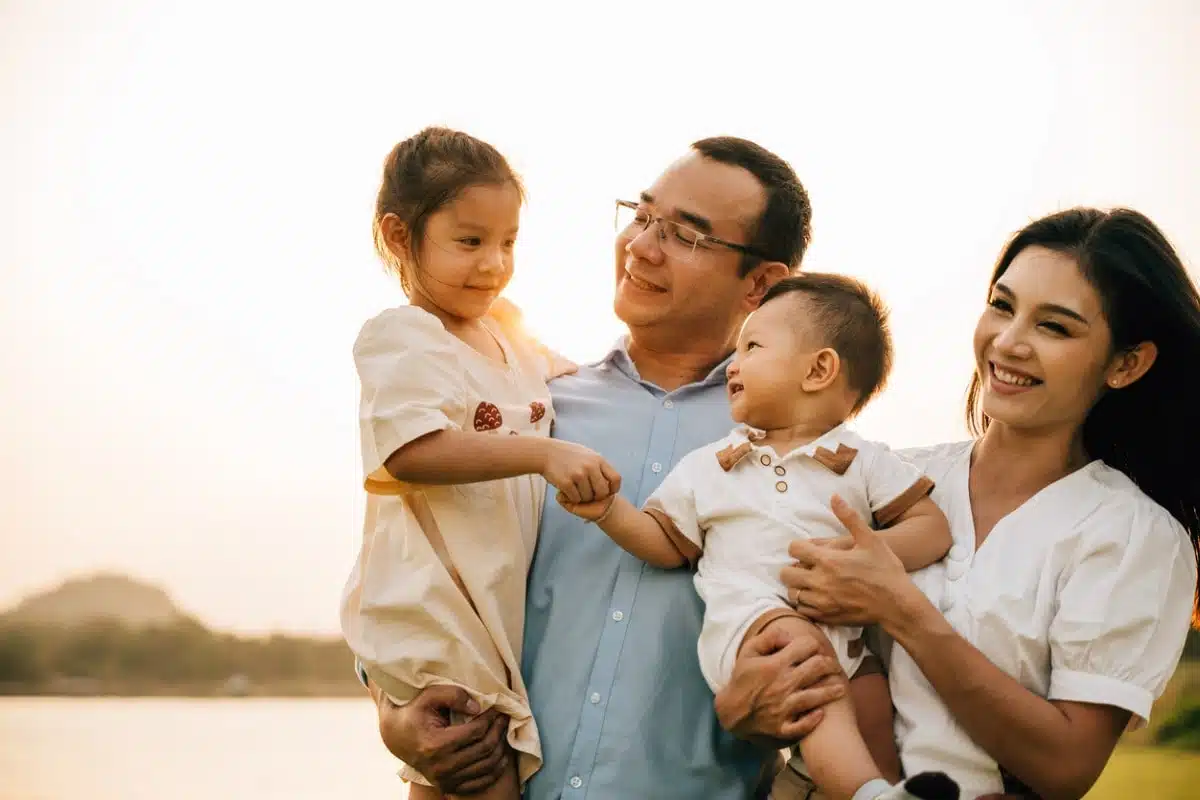There are many ways that family-class immigration applicants can experience a material change in circumstances after submitting their application to Immigration, Refugees and Citizenship Canada (IRCC).
For instance, the sponsor’s financial situation may change, or there may be a new birth in the family.
In these situations, and others like it, IRCC has specific procedures for how sponsors and applicants must address different changes in their circumstances after an initial application is submitted.
New family member added to application
The process for adding a family member to an existing application depends on their relationship to the sponsor.
Dependent child of the sponsor
Sponsors do not need to undergo another minimum necessary income (MNI) assessment to add another dependent child. However, sponsors must ensure that they remember to pay any newly applicable fees, such as application processing, and that the newly added family passes any required medical and/or background checks.
Note: The MNI assesses whether a sponsor possesses the required funds to support the family members they are bringing to Canada.
Newborn child
Family class applicants who have a newborn child “after they have been issued a permanent resident (PR) visa but before” they officially become a Canadian PR have different instructions.
In this case, the applicant can add their child to the sponsorship application when the applicable processing fee for the newborn is paid. At the same time, the applicant must ensure they have a medical examination conducted on their child as part of adding them to the application.
Change in principal applicant
Changing an application’s principal applicant is only possible on sponsorship applications for a parent or grandparent, a dependent spouse or a dependent common-law partner.
This isn’t something that happens often but if, for example, a principal applicant dies after an application is submitted the principle applicant will need to be changed.
In this case, IRCC permits “the surviving spouse or partner” to be processed as the new principal applicant assuming that the new principal applicant is “a family class member in their own right” such as a parent or grandparent of the sponsor.
Stepparents and/or step-grandparents of the sponsor may also be eligible here, through an exemption at IRCC’s discretion based on an assessment of humanitarian and compassionate grounds.
What happens next
Upon determining that a sponsor is eligible to change the principal applicant on their sponsorship application, IRCC will contact the sponsor to have them send an updated version of two forms:
- Application to Sponsor, Sponsorship Agreement and Undertaking [IMM1344]
- Generic Application Form for Canada [IMM0008]
No additional fees need to be paid alongside this change in circumstances.
Change in sponsor’s circumstances
IRCC may decide to pause the issuance of PR visas to family members on a sponsor’s application if they believe the sponsor’s ‘ability to meet any of their sponsorship requirements needs reassessment.
If IRCC finds “new information suggesting that the sponsor no longer meets the income test,” the sponsor’s income may be re-evaluated.
The sponsor will then be allowed to submit “additional documents or information” to prove that their new circumstances, such as their financial situation, still enable them to act as a sponsor.
The evidence related to the sponsor’s income should cover the 12 months “preceding the date that the officer receives the new information.”
It will then be used to assess if the sponsor’s change in circumstances “is material to the visa decision.”
IRCC clarifies that it will only “issue permanent resident visas to members of the family class if a sponsorship undertaking is still in effect” after the reassessment.
Changes in relationship status for spouses, common-law partners and conjugal partners
Applicants and sponsors that change their relationship status while their application is being processed enter a different family class relationship category. This includes transitioning from common-law partners to spouses after marriage.
These applications do not necessarily require reassessment. However, at some point before their application is finalized, sponsors and their applicants are required to inform IRCC of this status change. This is because IRCC must continue to be satisfied that the relationship between a sponsor and an applicant is genuine and meets Canada’s legal requirements.

